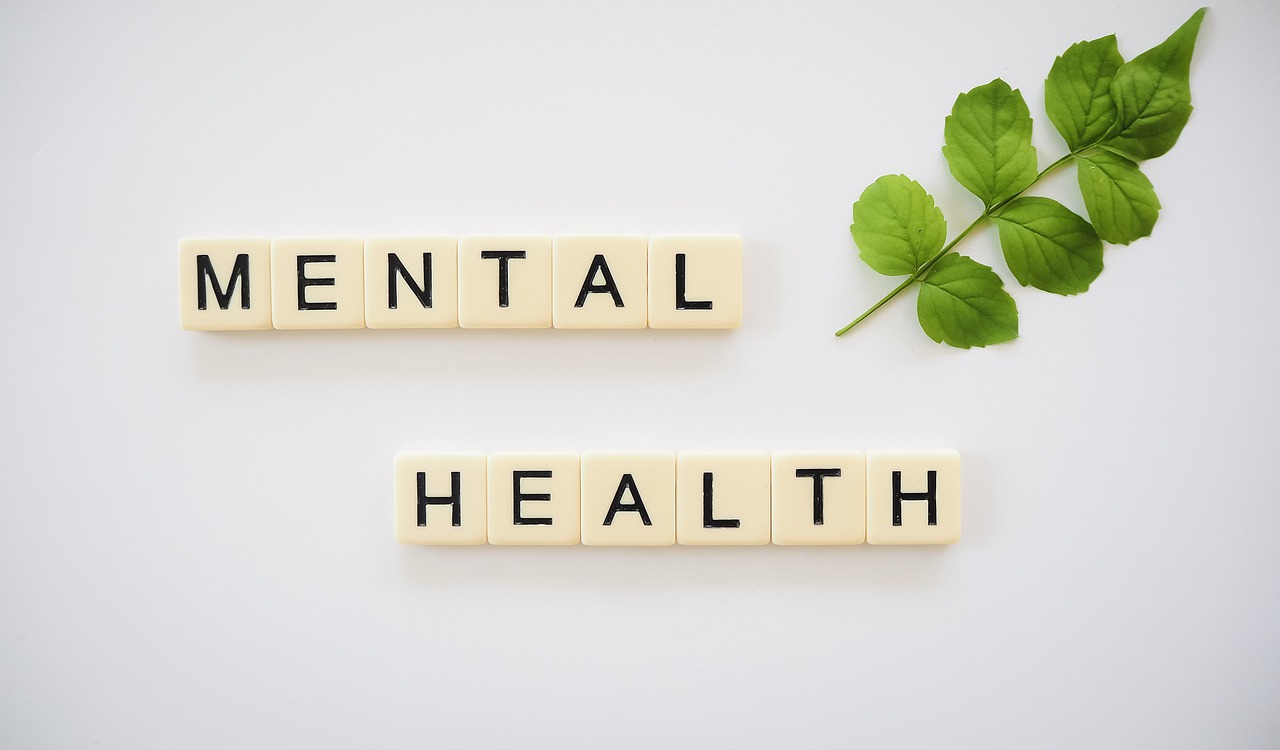
@ShahidNShah


It is not just fatigue. Your brain does not fire properly. You are unable to think clearly, and you do not know how to control your emotions. Several nights of bad performance become the norm. And after some time, that particular trend begins altering you physically inadvertently. Sleep is a reset switch. Your mood memory and self can slip without it. Has the same thing ever happened to you in a meeting, when you nodded to the person talking, and you can not remember anything they said? It is not that blank, foggy feeling that makes one lazy. It is the accumulation of sleep debt, and millions of people experience it.
Not getting enough sleep does not mean just feeling off. It interferes with the actual wiring to help you maintain a balanced mind and emotions. Your emotional alarm, the amygdala, is hyped. In the meantime, the prefrontal cortex (located in the frontal lobes) slows down in its functions (impeding good judgment and impulse control). This is why we can experience small stressors, such as a hug, as a form of stress, but an overpowering one when we are sleep-deprived. Nonetheless, a study conducted in 2020 by JAMA Psychiatry showed that individuals with chronic sleeping issues were more prone to be depressed twice. And when the sleep rhythm is interrupted, it will not be easy to reverse it. Regenerize Health observes this every day. They employ a whole-body, systems-oriented approach to assist the brain and body in re-aligning, as healing is not about disguising fatigue. It’s all about providing your brain with the rhythm it needs to heal, not just momentarily.
Sleep doesn’t just rest the body. It resets the mind. When it’s missing, things unravel fast, especially emotionally. Here’s how:
You do not need to overhaul your lifestyle to reset your sleep-wake rhythm completely, but rather only a couple of steadfast changes:
It is not simply that you feel well-rested but rather that you feel capable. Your mind is calmer. You have time to pause, reflect, and respond instead of reacting. Emotions are still present, but do not take control of your entire day. You are less frail, more stable. That craving edge of anxiety softens. You do not snap at your companion or daydream during a day job. Instead, you remain present. And mornings? They are not panic-stricken. You wake up and it feels less crowded- a relaxing place between you and whatever awaits you. It is not only healthier, but also helps with sleep. That is your brain healing itself.
Sleep alters your brain. Failing to get it does as well. Another productivity hack isn’t what you need. You must have rest, which is restorative. The moment you quit forcing, that healing begins, and the moment you start listening. Take baby steps. A single light exposure. One reset of the nervous system. Your body, little by little, remembers balance. And once that shift starts to happen, it is not quiet. You will know it by its clarity, balance, and connectedness. It is more than sleeping. That’s repair. That’s Regenerize.

You’ve probably had days when your nursing routine feels a little too familiar. You know what to expect, your shifts run on autopilot, and while the work is still meaningful, something inside is …
Posted Jul 26, 2025 Nursing Care
Connecting innovation decision makers to authoritative information, institutions, people and insights.
Medigy accurately delivers healthcare and technology information, news and insight from around the world.
Medigy surfaces the world's best crowdsourced health tech offerings with social interactions and peer reviews.
© 2026 Netspective Foundation, Inc. All Rights Reserved.
Built on Feb 27, 2026 at 6:36am